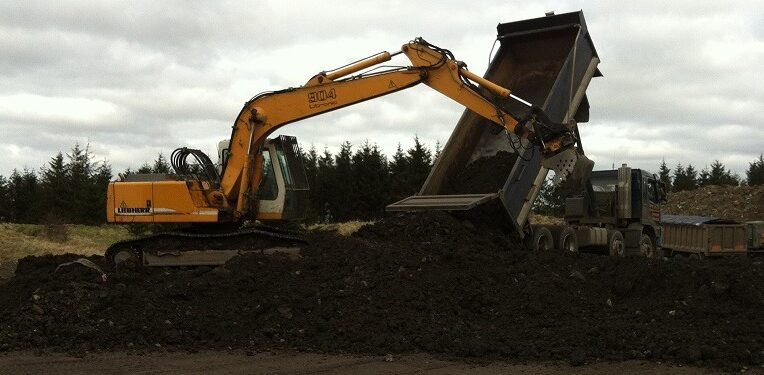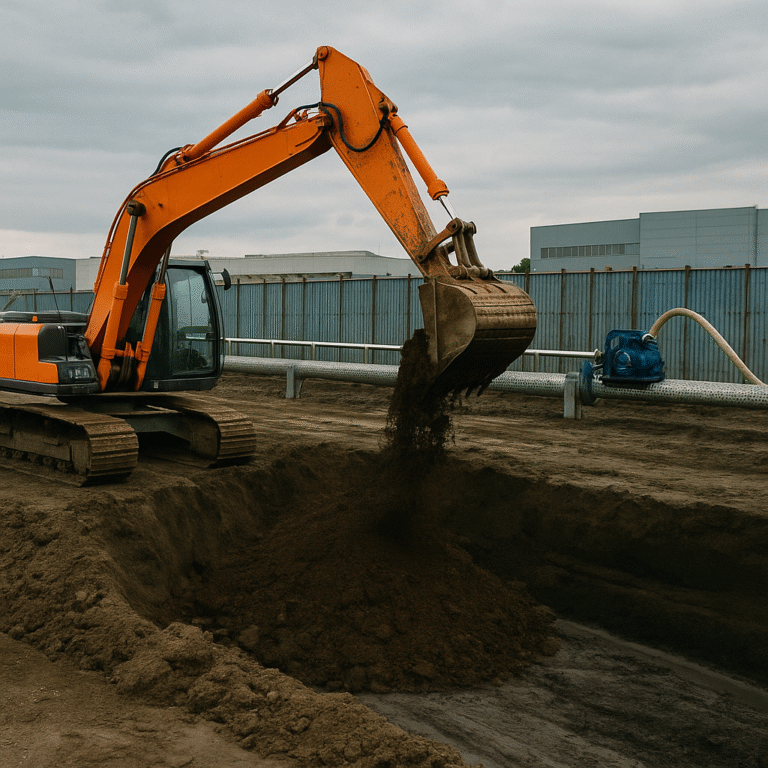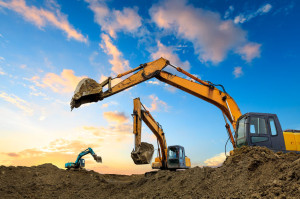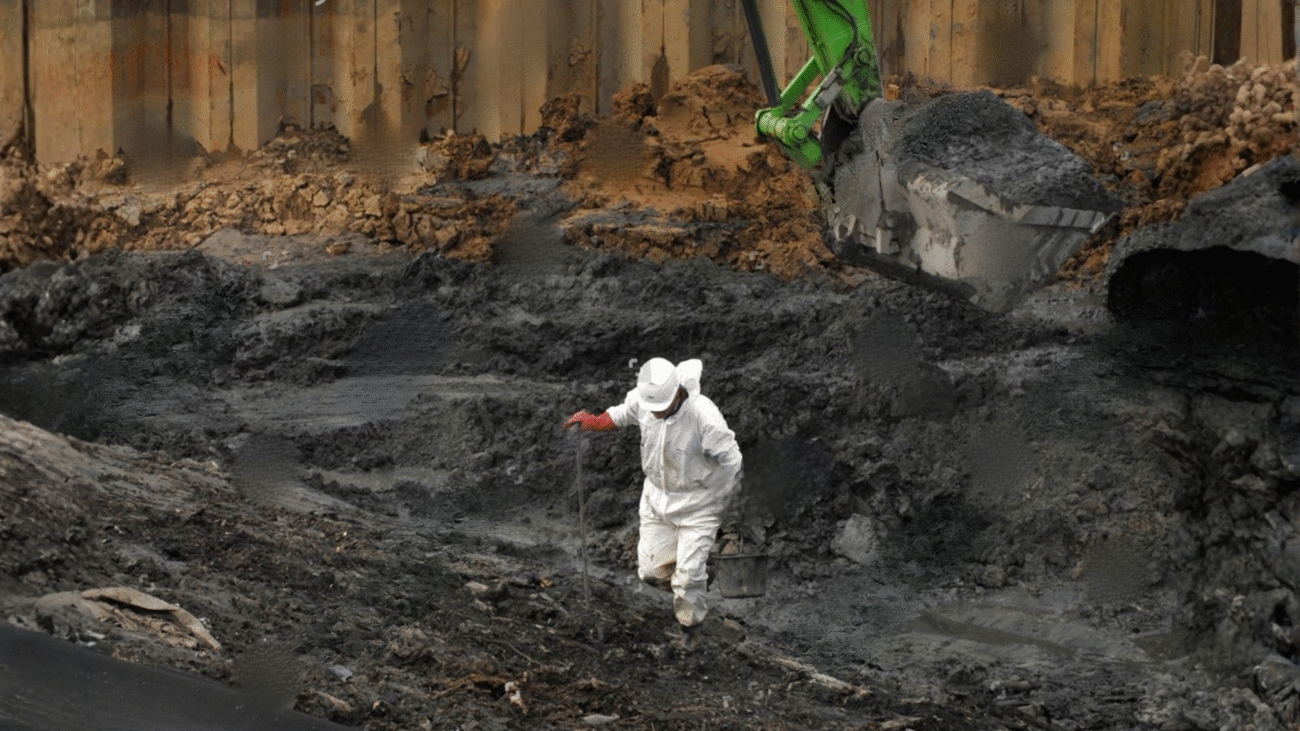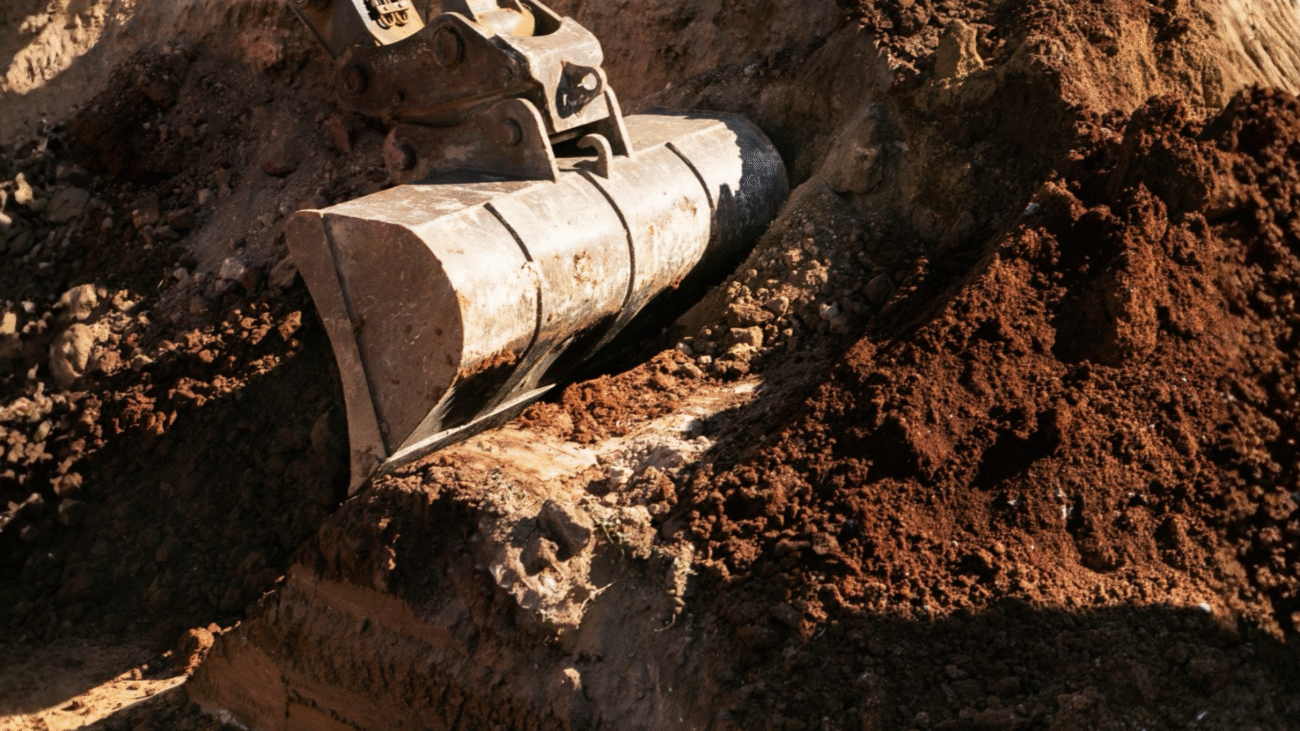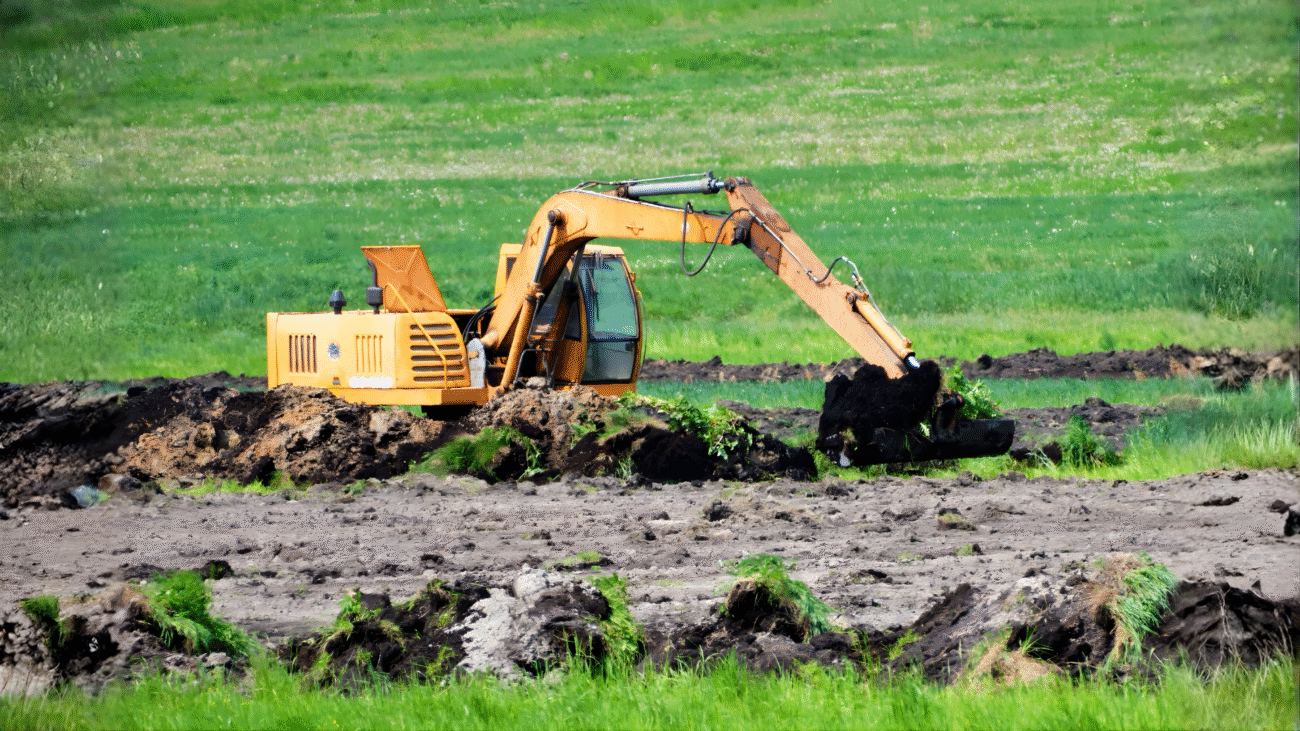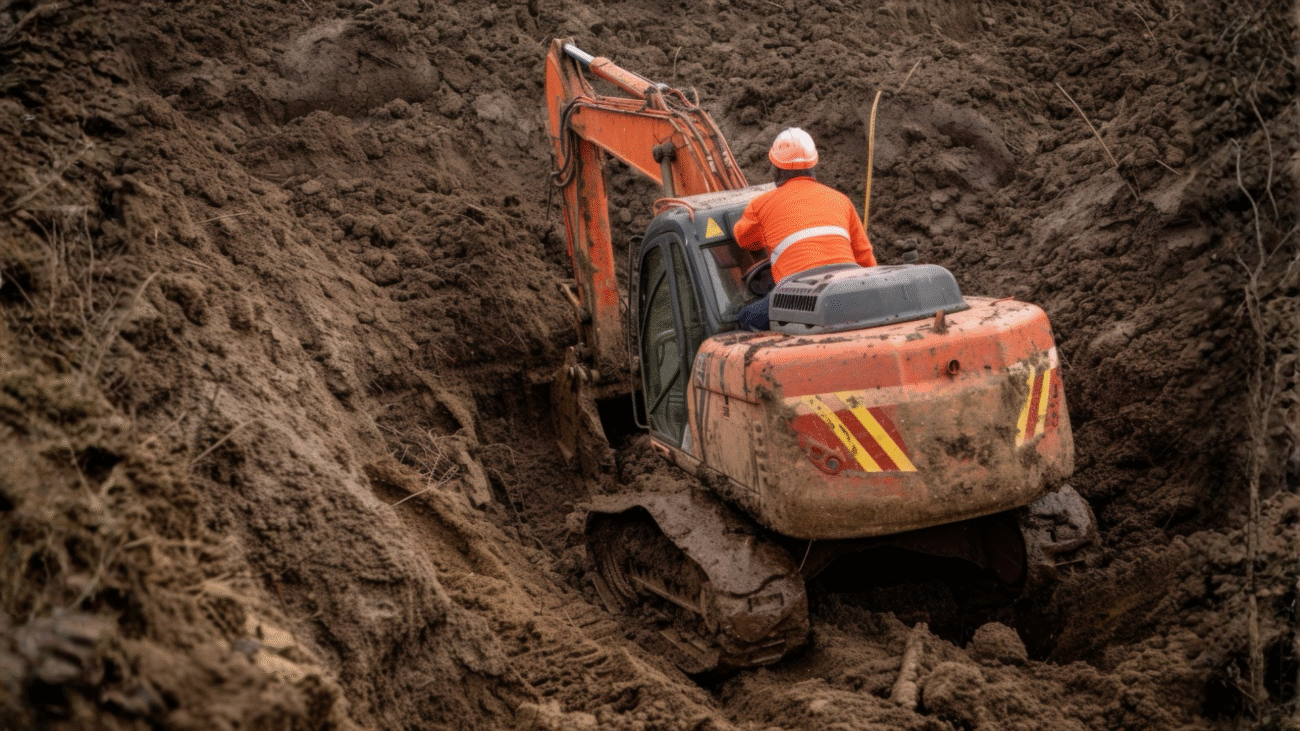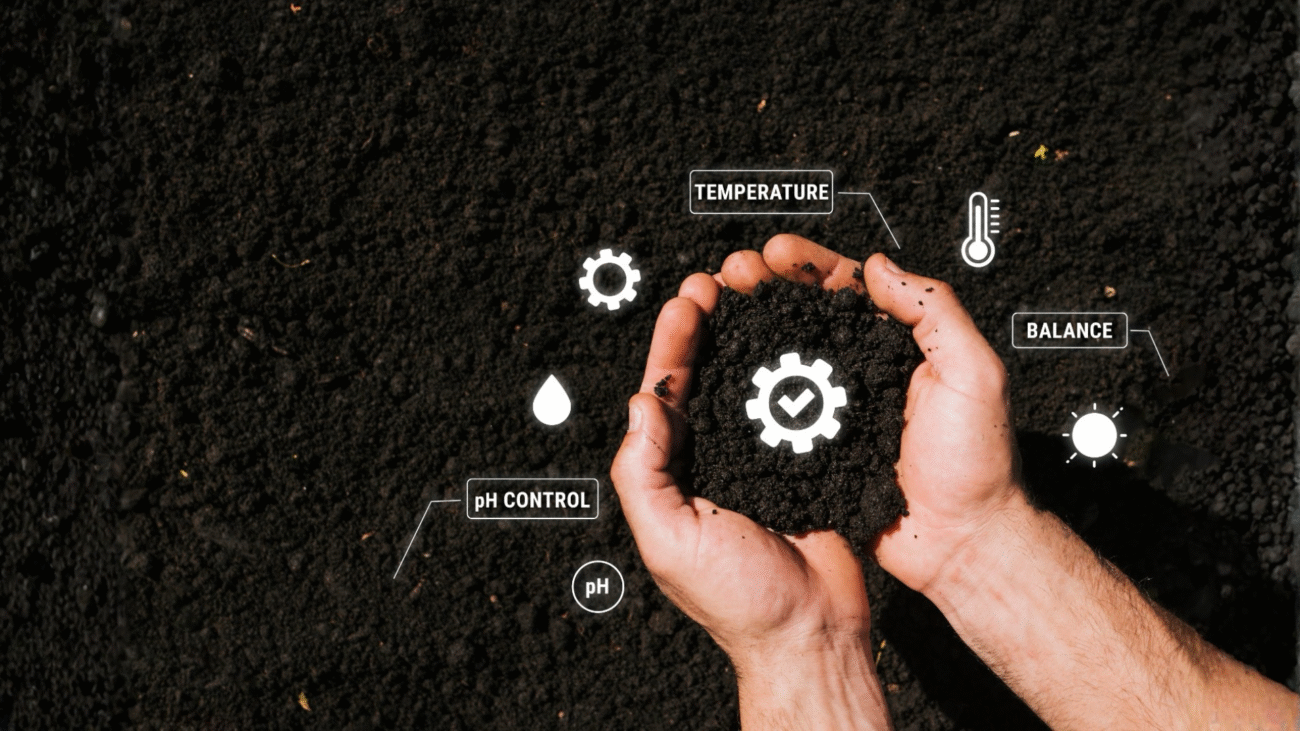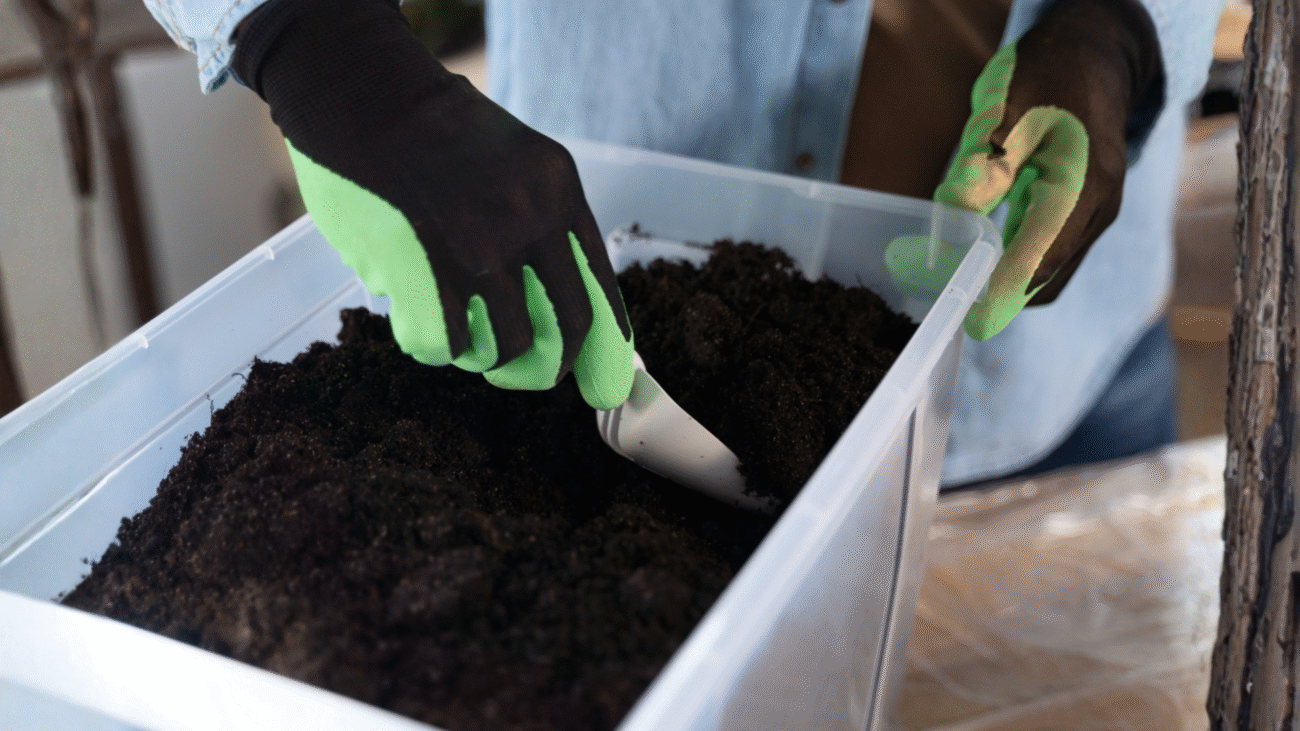Restoring Land and Safeguarding Groundwater
Introduction
What Is Soil Remediation
Soil remediation is the process of removing, neutralizing, or stabilizing harmful substances in soil to make it safe for agriculture, habitation, or industrial use. Just as importantly, it prevents pollutants from seeping into aquifers, which are the primary source of water for many communities.
In Odisha, the major contributors to soil contamination include:
- Heavy metals (iron, chromium, manganese, arsenic) from mining and metallurgical industries
- Industrial effluents from steel, aluminum, and chemical plants
- Petroleum hydrocarbons from transportation hubs and storage depots
- Agricultural chemicals such as pesticides and fertilizers in farming districts
- Urban waste leachate from Bhubaneswar, Rourkela, and Cuttack
Soil Contamination Challenges in Odisha
The state’s mix of mineral belts, agricultural lands, and coastal regions makes contamination a serious concern:
-
Mining & Metallurgical Impact – Districts like Keonjhar, Sundargarh, and Koraput face heavy metal accumulation due to iron ore, bauxite, and chromite mining. This requires Multiphase Extraction Remediation to restore soil and groundwater quality.
-
Industrial Pollution – Steel plants in Angul and Jharsuguda, along with fly ash disposal from power plants, add to soil stress and can benefit from Thermal Treatment Soil Remediation.
-
Agricultural Runoff – Over-dependence on fertilizers and pesticides in fertile coastal districts reduces soil quality.
-
Urban Waste Issues – Landfills in Bhubaneswar, Cuttack, and Berhampur produce toxic leachate that contaminates both soil and aquifers, which can be addressed through Sewage Contaminated Soil Treatment.
-
Coastal Vulnerability – Heavy monsoon rains and sandy soils accelerate the spread of contaminants into rivers and groundwater reserves.
Our Soil Remediation Services in Odisha
At GWC, we bring scientific expertise and practical solutions to tackle Odisha’s soil challenges. Our services include:
- Detailed Site Assessment & Soil Testing – Mapping contamination levels and groundwater risks
- Bioremediation – Using microbes to safely break down organic pollutants
- Soil Washing & Stabilization – Physically removing pollutants and immobilizing toxic metals
- Thermal & Chemical Treatments – Effective solutions for hydrocarbons and industrial solvents
- Containment & Capping – Securing waste dumps and mining residues to prevent leaching
Every remediation project is designed to suit Odisha’s soil types, rainfall patterns, and aquifer conditions.
Why Soil Remediation Is Critical for Odisha
- Protects Groundwater – Keeps aquifers safe from industrial and agricultural pollution
- Restores Farmlands – Improves fertility and ensures safer crop production
- Supports Infrastructure Growth – Makes contaminated land fit for safe reuse in development projects
- Ensures Compliance – Meets regulations set by the Odisha State Pollution Control Board (OSPCB) and national laws
- Preserves Ecosystems – Protects rivers, wetlands, and coastal zones that are vital for biodiversity and livelihoods
Other Groundwater Services We Provide in Odisha
In addition to soil remediation, GWC offers a full range of groundwater solutions:
- Ground Water Recharge
- Ground Water Seepage
- Rock Mapping
- Ground Water Consulting
- Ground Water Quality Monitoring
- Groundwater Remediation
- Integrated Water Resource Management
- Water Risk Assessment Audit
- Flooding Solutions
- Dewatering Solutions
- Ground water contamination
- ground water exploration
Conclusion
Odisha’s future lies in balancing economic progress with environmental care. Mining, industries, and urbanization will continue to expand, but sustainable development depends on protecting soil and water.


